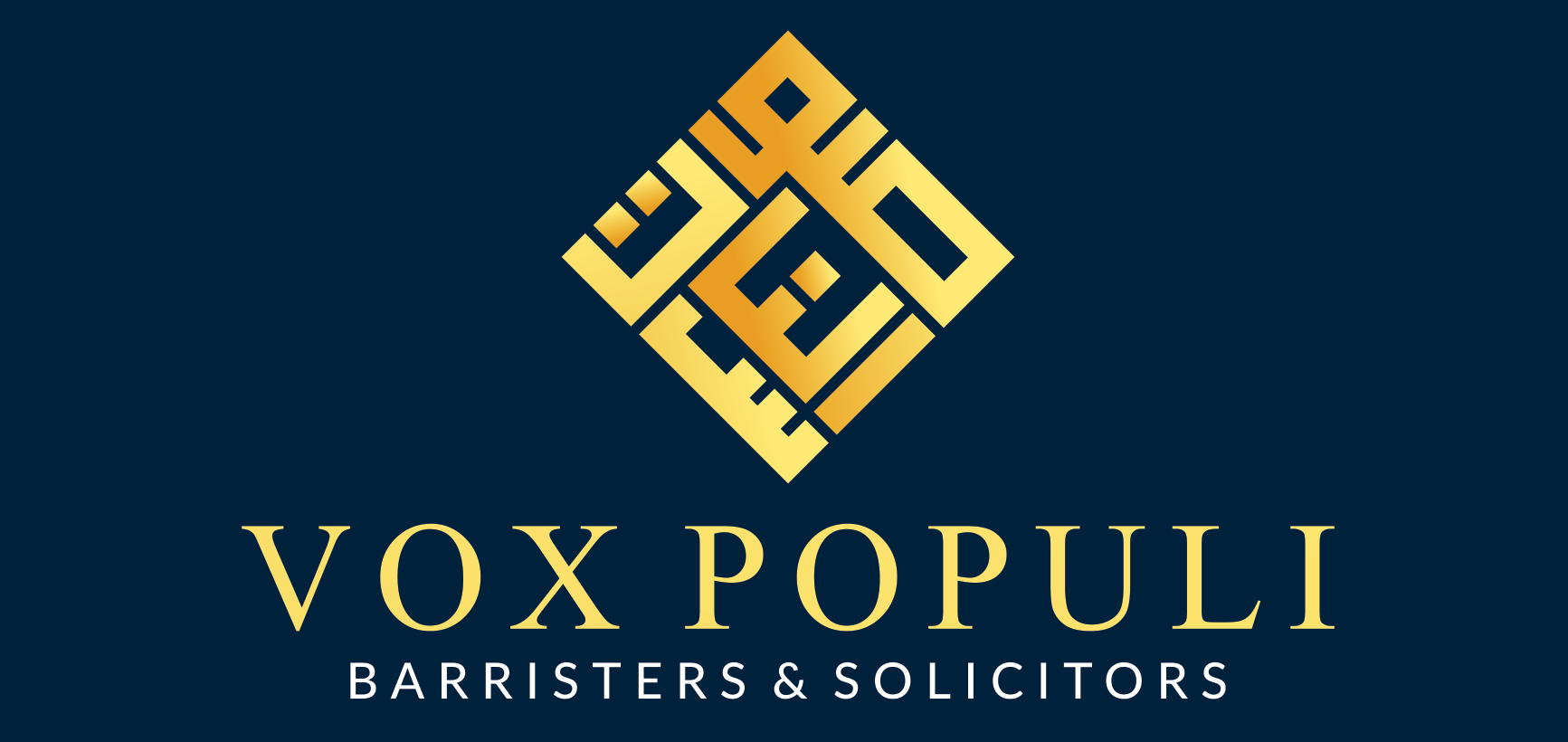FAQs
- Home
- FAQs
-
Are you an Immigration Consultant and what is the difference between a lawyer and a consultant?
We are not Immigration Consultants; rather, the firm is led by a Canadian Lawyer. Our principal lawyer is legally trained and have been called to the bar in the Law society of Ontario (LSO). Consultants are generally individuals who have not attended or graduated from a law school and who do not have a disciplined education that enables them to analyze a case in a proper and effective manner. Their training usually consists of a six month course followed by a written exam and an English Language test including few other regulatory requirements enforced by ICCRC.
The application for all types of permits and permanent residence to Canada is a legal process and it is recommended that you seek proper legal advice from a practicing lawyer instead of taking your chance with a consultant that does not have the necessary legal training. -
How do I know that your law firm is legitimate?
You may contact the Law society of Ontario or visit the following link to confirm the status:
Visit Link -
Are you sure that I qualify for a certain Immigration Program?
Although VP law is committed in helping clients achieve their goals but you must understand that it is impossible to guarantee a result in Immigration matters. If another lawyer or consultant is making a firm commitment to success, it is very much likely that the individual is providing you false advise. However, we on the other hand make sure that we make informed assessments to determine which cases are worthy of pursuit.
-
What is a Provincial Nominee Program (PNP)?
The PNP is a form of selection where the responsibility is passed over to a Provincial government by the national headquarters of citizenship and immigration Canada. The purpose of the PNP is to satisfy the specific immigration requirements for some particular regions of Canada. Each Province has their own selection requirements which are tailored specifically to the economic and social goals that their program is geared towards. The PNP are limited to well thought out and prepared cases. It is strongly advised that if you wish to have your case submitted under any of the PNP across Canada that you seek proper legal advice from VP law.
-
Do I need a study permit to study in Canada?
Most students will require a study permit to study in Canada, however there are some exceptions; students who are applying to study in Canada in a program that will last more than six (6) months require a study permit. Students who are applying to study less than six (6) months typically do not require a study permit, however they may still require a temporary resident visa (TRV) to enter Canada.
-
How do I find out about schools and educational programs in Canada?
We are very familiar with the schools and programs available in Canada. We highly recommend that you consult with our office to determine which program is best suited for you.
-
How much does it cost to study in Canada?
The cost for studies in Canada may vary drastically between the different private and public schools and programs. On average a student will need anywhere between CDN $14,000 and $25,000 per year, including basic living expenses.
-
Am I allowed to work while I study?
Yes. International students who are studying in Canada may be allowed to work only on school property or outside, up to a maximum of 20 Hrs/week. However, students may work up to 40 Hrs/week during scheduled/recognized holiday breaks.
-
How do I become a Canadian Citizen?
The most common method of obtaining Canadian citizenship is to be born on Canadian soil; however, children born outside of Canada to a Canadian parent may also be able to claim citizenship. Otherwise, people must first become Canadian permanent residents, which is a type of status similar to Canadian citizenship but without certain rights, such as the right to vote, and with certain obligations, such as the obligation to live in Canada for two years within any five years. After demonstrating three years of physical residence in Canada, a permanent resident can apply for Canadian citizenship.
-
How do I know if I qualify to immigrate to Canada?
There are three broad categories or routes to obtaining permanent residence: the economic class, the family class (which requires sponsorship by a Canadian or permanent resident relative), and the refugee category. There is also a discretionary route to permanent residence through humanitarian and compassionate applications. Contact VP law to find out whether you qualify in one of these categories.
-
Can a family member sponsor me for permanent residence?
Only certain family members can be sponsored for Canadian permanent residence: spouses, common law and conjugal partners, parents and grandparents, and dependent children. Siblings cannot be supported for permanent residency directly, but if they are under 22 years of age, then can accompany sponsored parents. Book a consultation with VP law for more information.
-
What is Express Entry?
Express Entry is a system used for selection of economic immigrants by evaluating applicants based on characteristics such as age, education level, work experience and language fluency and assigning points based on each characteristic. Every few weeks the Canadian govt. selects applicants with highest point scores from the Express Entry pool. These selected applicants are then invited to apply for permanent residence.
-
What if my application is refused?
It is not uncommon to have applications refused, often unjustly. Each type of application is different. Some may require an appeal in the Immigration & Refugee Board (IRB), while others may require a Judicial Review application in the Federal Court. Each category has timelines that must be observed. Therefore, it is important that your talk to us to discuss further available course of action.
-
What is permanent residence in Canada ?
Permanent residence is a legal status that allows an immigrant to legally reside and work anywhere in Canada. When you are accepted as a permanent resident, you will receive your Permanent Resident card.


